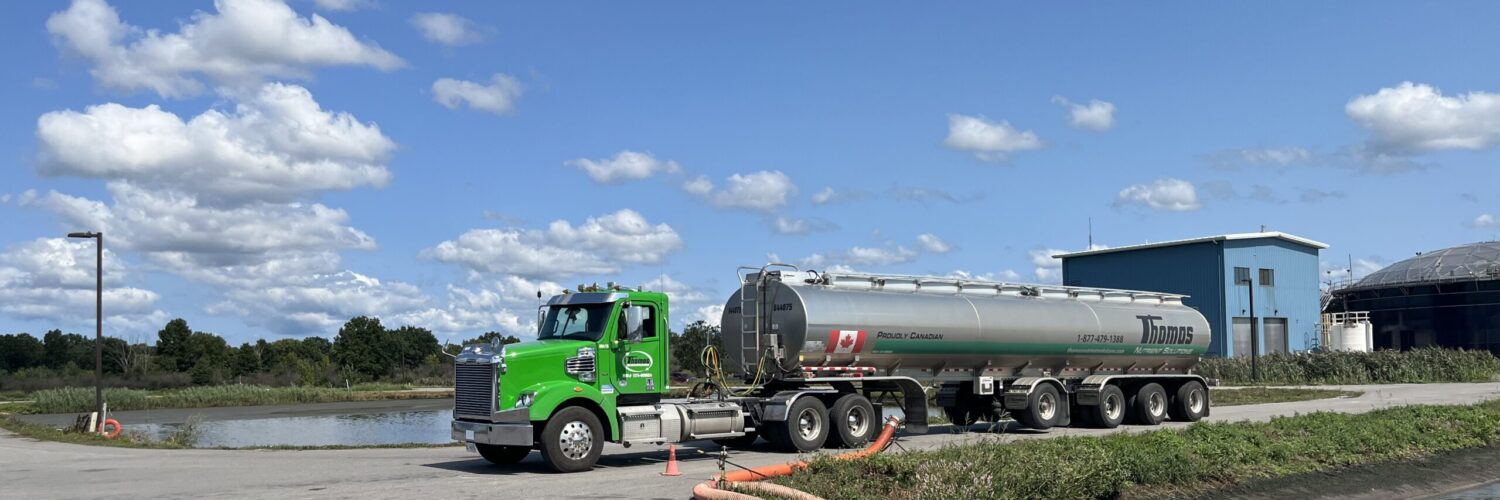Of all the useful things that can be drawn from wastewater processing, the production of renewable energy is the most promising because of its wide application. The reliance on fossil fuels has been a major concern for many countries around the world because of its effect on our climate. Biofuels from wastewater can be a viable alternative to traditional fuels because it has much cleaner emissions and is renewable.
One recent example is the City of Calgary which has entered into a memorandum of understanding with Steeper Energy Canada Ltd (“Steeper Energy”) to work together in transforming the city’s sewage sludge and other organic wastes to produce commercial grade biofuels from wastewater that can be used for trucks and planes.
They plan on utilising the Pine Creek Wastewater Treatment Plant located in southeast Calgary as a testbed for their project in producing biofuels from wastewater. The city will provide Steeper the facility where they can implement their proprietary Hydrofaction® technology which can produce high grade biofuels such as diesel and jet fuel. The city is diverting a portion of its primary and secondary sewage sludge to the plant for the project.
Perry Toms, CEO of Steeper Energy, stated that the Pine Creek Project would usher in the next phase of commercialization of their Hydrofaction® technology and would open more opportunities for them to distribute their product globally. “The transformation of sewage sludge and other urban generated biomass wastes to sustainable transport fuels delivers multiple environmental and social benefits and takes advantage of Calgary’s reputation as a global energy innovator,” Toms said.
The ultimate goal of this partnership is to initiate sustainable practices and remove hazardous contaminants from sewage sludge in an effort to advocate Calgary’s clean tech agenda. The project to produce biofuels from wastewater is on track to begin operations in early 2021.
The objectives that they set to achieve with this project include accelerating their move towards a Circular Economy using Hydrofaction® to convert wastewater sludge into transportations fuels. This new strategy addresses the problem of pollution caused by spent biosolids, increases investment for the production of transportations biofuels from wastewater, harnesses the expertise of the community and generates more job opportunities.
Steeper’s Hydrofaction® technology has already proven itself abroad in countries like Denmark where a similar project is ongoing. This will be the first time the technology will be used in North America. Hydrofaction® uses a patented thermochemical process that not only transforms wastewater into biofuels, but it can also eliminate contaminants such as microplastics, pharmaceuticals and heavy metals. The process also recovers vital nutrients for plant growth such as nitrogen and phosphorus, providing renewable organic fertilizers to farmers.
Ward Sutherland, a Councillor of the City of Calgary, has stated that this partnership was made to lower costs for the city government, help the environment, and produce more jobs for the economy.
The road to achieving sustainable energy is not without its challenges, but the end goal is to find the best way to remove pollutants in our environment and find new uses for them. Calgary is showing that such goals can be met by developing biofuels from wastewater with the right partner and the right technology.
If you are a municipality in Ontario and in need of a biosolids management solution, please feel free to contact us at 1 (877) 479-1388.
Sources:
https://biofuels-news.com/
https://www.waterworld.com/

